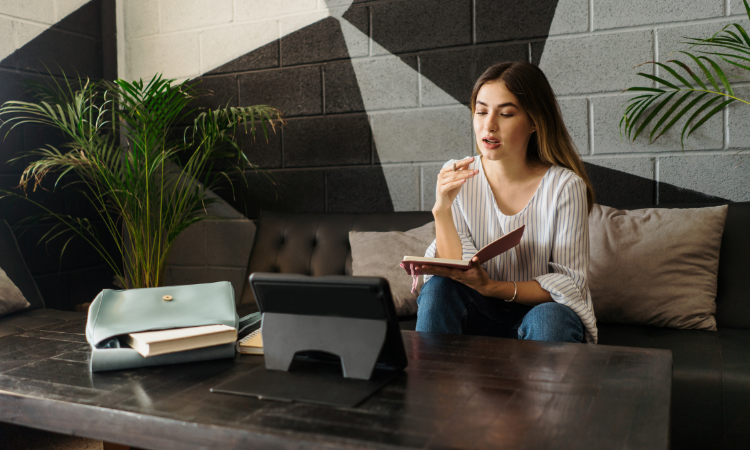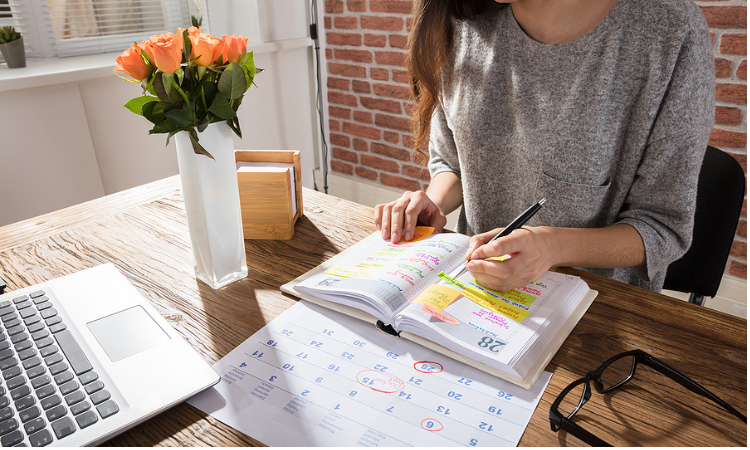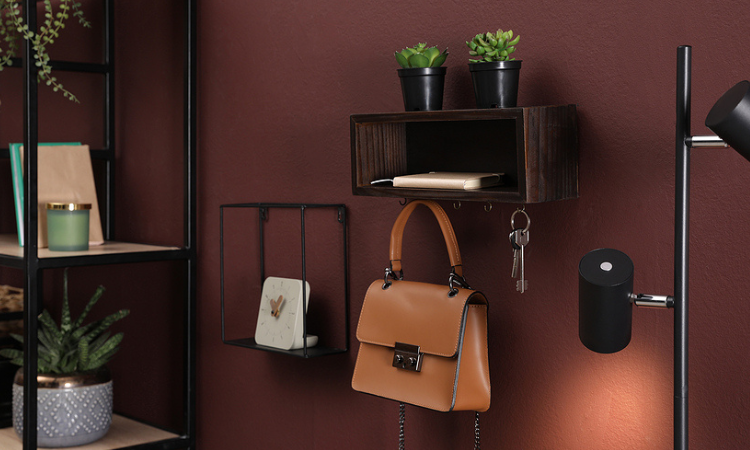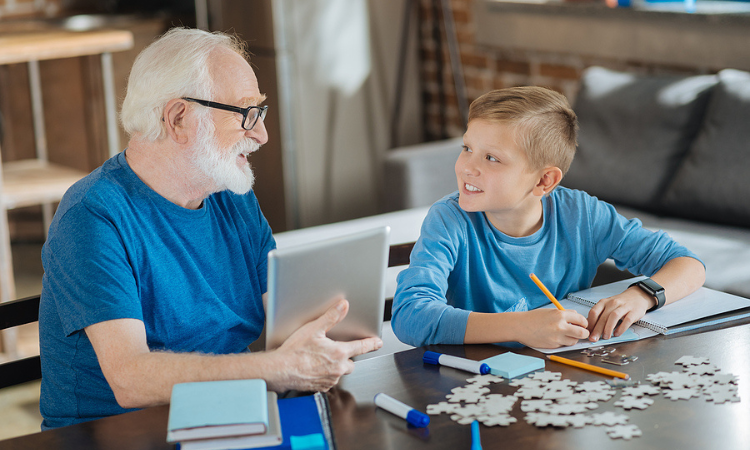No matter the age, old or young, people forget things. We all do, so join the club. While an obvious fear of memory loss is often attributed to Alzheimer’s and aging, the bulk of us simply face a barrage of information overload and clutter that distract us from remembering things. In any one given day, we are exposed to a blitz of emails, internet searches, phone calls, texts, and social media sites such as Facebook, Instagram, TikTok, Snapchat, Tumblr, Twitter, and LinkedIn. All of this becomes compounded with endless access to T.V. shows, Roku, streaming movies and videos, podcasts, and radio. Furthermore, we still have to contend with our face-to-face conversations and meetings which often yield tons of meaningful and not so meaningful information to sift through and try to retain. It is no wonder our mind gets distracted with the avalanche of clutter and visual noise we encounter each day.
Ways to Improve your Memory
Improve your memory by giving your brain a break. Start writing things down and organizing your time, belongings, and space instead of relying on your memory as much. Above all, stop beating yourself up for forgetting.
How to Organize to Remember
Here are some simple strategies that will help with your memory. They include:
(1) Carry a small notebook and pen/pencil in your purse or pocket to write down important thoughts or pieces of information. Keep a small notebook by your bed if you are one of those folks who come up with a great idea during the night only to forget it by the morning.

(2) Use Post-it Notes as reminders and stick them in obvious places such as the refrigerator.
(3) Maintain a calendar or weekly/monthly planner to schedule important events, appointments, and meetings. If you are tech-savvy, use an electronic calendar.

(4) Get rid of physical clutter in your home and at work. Get into the habit of finding an appropriate spot for your belongings. After each use, return your belongings to the designated space. This is especially important for those items that you might habitually lose such as keys.
(5) Keep a “To-Do” list for your day. Have your list handy to review and check off tasks completed. Organize your “To-Do” list on a regular basis.
(6) Maintain a designated staging area for those items you may need when you leave the house, including the car keys, sunglasses, etc.

(7) Set up a routine for demanding activities such as paying monthly bills or filing important documents.
(8) If you use the computer, learn how to set up and save files, especially for important emails and contact information. With some practice, your computer can be a great memory tool.
Keep your Brain Active

While it is important to get organized to prevent memory loss, it is equally important to regularly engage your brain in mental activity as a way to keep sharp. For healthy aging, be sure to consistently stimulate the brain in meaningful ways to reduce cognitive decline as you get older. Play brain games, do crossword puzzles, practice memory techniques, and consult with your doctor if you begin to have medical problems.




